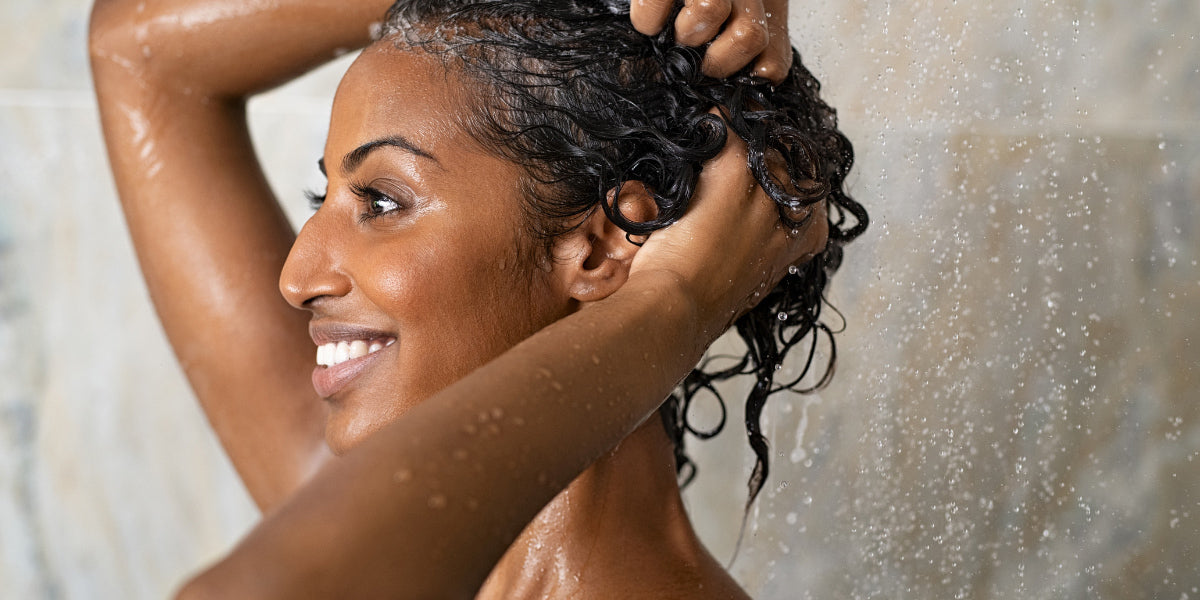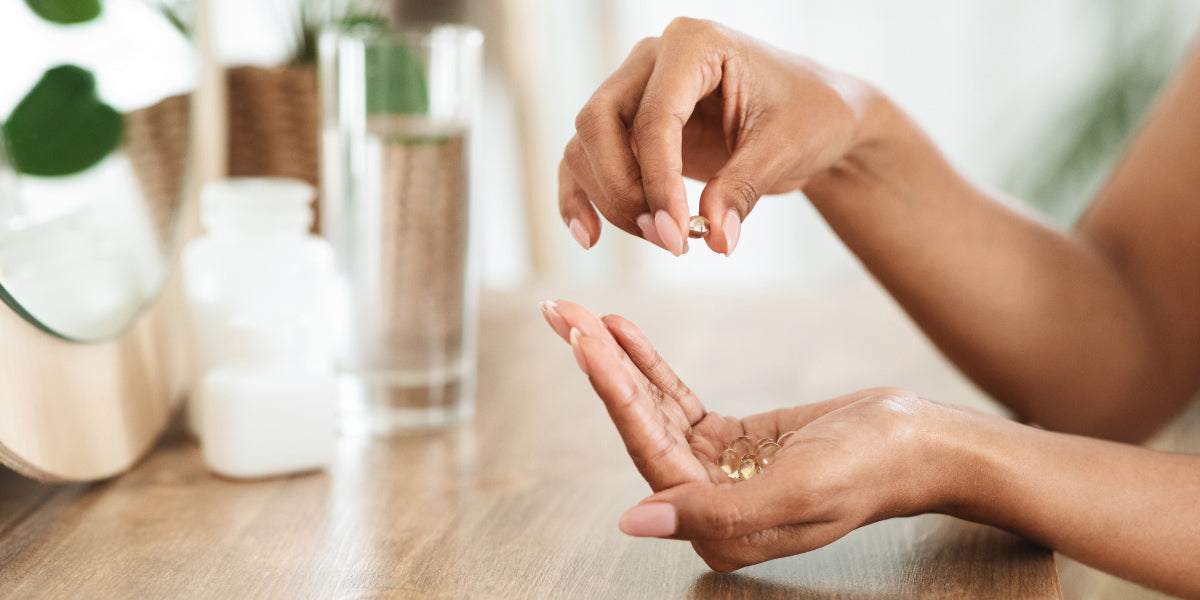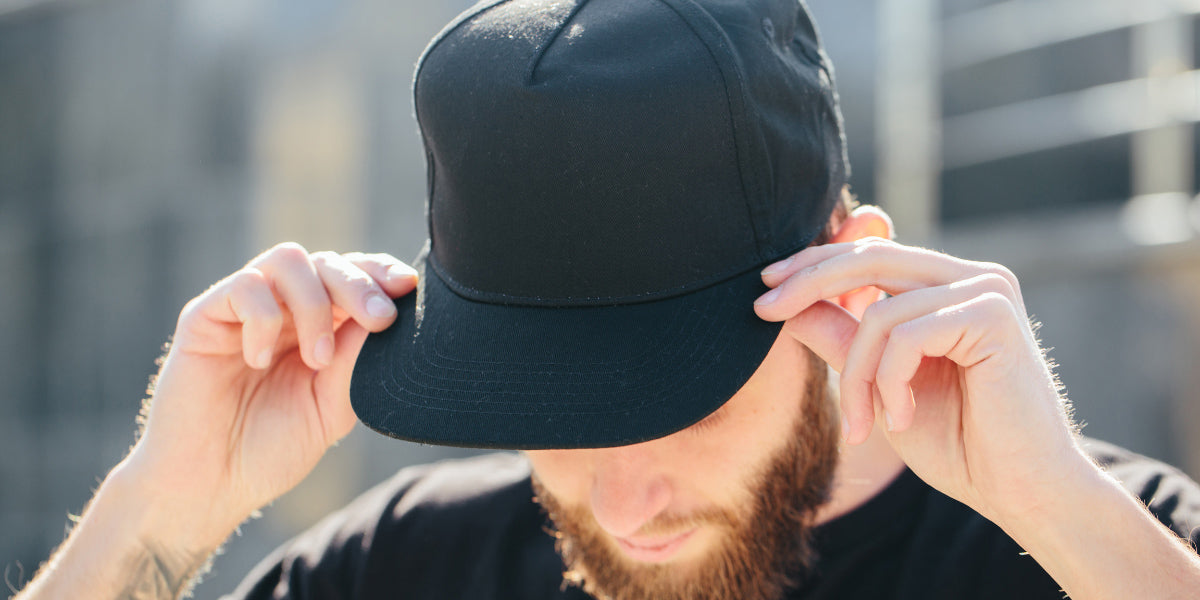You may have been using conditioner as a part of your hair-washing routine for as long as you can remember, but what exactly does it contribute to our hair health? And can conditioner cause hair loss?
Keep reading as we delve into this topic and gain some valuable input from Dr. Christina Han, a board-certified dermatologist based out of Vancouver, Canada and XYON’s Medical Director.
Does conditioner cause hair loss?
Based on available data, conditioner does not cause hair loss. It is intended to moisturize and strengthen the strands of hair, so it is highly unlikely that conditioner is causing your hair loss. In fact, conditioners often contain beneficial ingredients. Panthenol is a common ingredient found in conditioners that acts by drawing moisture into strands and trapping it in, helping to achieve a smoother overall look. Shea butter and avocado, oil which are incorporated in XYON’s women’s Fortify Performance Conditioner, are natural products that are high in fatty acids. These are beneficial additions to your conditioner because fatty acids aid in moisture retention as well as enhancing the hair's flexibility and strength (Marsh et al, 2018).
You might have heard people refer to ‘the correct way’ to apply conditioner to maximize its benefits. Conditioner should be applied to the middle and end sections of the hair, avoiding direct application to the roots and scalp. This is because the scalp has glands, known as sebaceous glands which naturally produce a waxy, oily substance called sebum. The addition of extra oils and moisture drawn into the scalp from conditioner when applied to the roots, can cause the hair to become greasy more quickly and lead to a buildup of oil. However, there is no evidence to suggest that this would directly lead to any form of hair loss.
So why might people think that their conditioner is causing hair loss? Dr. Christina Han provides some insight:
“Conditioners help to detangle hairs which can cause the newly loosened hair to create the illusion of more shedding in the shower. But remember it is normal to have about 100 hairs shed daily from our scalp as part of the hair cycle. Conditioner should not cause direct hair loss.”
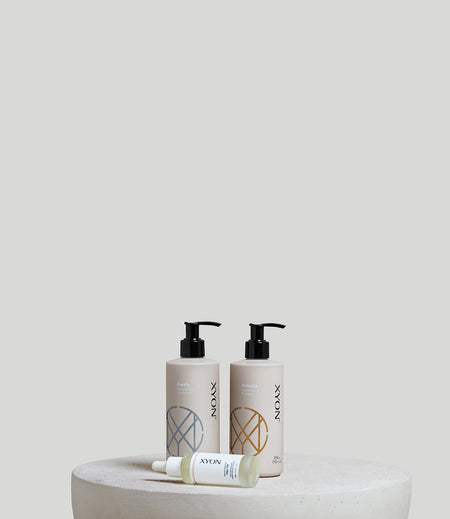
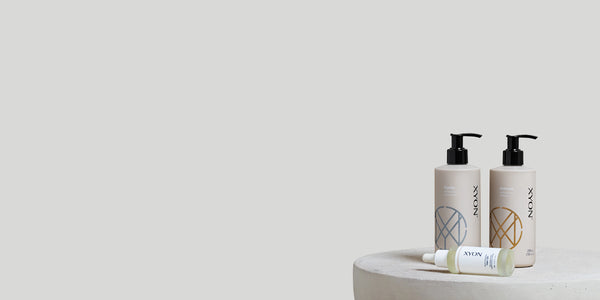
Our natural anti hair loss conditioner contains DHT blocking saw palmetto
We picked only the best, proven natural ingredients for our non prescription line of products. Chosen and tested by our in house dermatologists
An expert's opinion: is conditioner really necessary?
Conditioner is used to reintroduce moisture into the hair after it has been washed with shampoo, but what would happen if we skipped this step? Dr Christina Han weighs in:
"People who regularly use hot tools such as straighteners or curling irons, regularly chemically treat their hair, or those who are exposed to environmental elements like UV from the sun and chlorine from pools, would benefit from using conditioner. These habits and exposures tend to open the hair shaft, damaging it and making hairs more vulnerable to moisture loss. In contrast, people who are starting with healthy, hydrated hair might be able to skip this step.”
How many times a week should you use conditioner?
The truth is, there is no ‘right’ or ‘wrong’ number of times to use conditioner and you’ll most likely find that you use conditioner more than some people and less than others.
Given the significant diversity amongst hair types and scalp health, a personalized approach to conditioner frequency is recommended. Dr. Han explains who might consider using conditioner more often:
“If someone has fine, thin hair then using conditioner less regularly should be fine. The reason for this is because conditioners are meant to be hydrating and help repair the cuticles and hair shafts, but they can be heavy and weigh down the hair, making it look thinner and flatter.
If someone has chemically damaged hair, then more frequent application of conditioner may be beneficial. I generally recommend using conditioner every time you shower and to focus application to the lower half of the hairs where there tends to be more damage/split-ends.”
Are there any ingredients to avoid when choosing a conditioner?
In recent years, consumers have become increasingly aware that hair care products may contain harmful chemicals. The two chemicals that tend to be mentioned the most in this context are parabens and sulfates.
Parabens are popular preservatives which are found in many cosmetic products, used to increase the shelf-life of products by preventing the growth of harmful microorganisms, such as bacteria. However, the exposure to these preservatives has been linked to an increased risk of breast cancer and poor reproductive health in women (Hager et al, 2022).
Sulfates are chemicals that help the product to mix with water and form a foamy texture. In hair care products, this aids in the cleansing process by helping to evenly distribute the product across the hair and scalp. However, it has been suggested that sulfates may be too effective at this cleansing, overly stripping the hair of its natural oils, leading to dryer and more brittle hair.
When it comes to these two potentially problematic categories of ingredients, Dr. Han says the following:
“Fortunately, most conditioners on the market are now free from parabens and sulfates which can over-strip natural oils in our hair and in rare cases, cause allergic reactions.
I recommend finding conditioner formulations that target your area of concern, whether that’s replenishing moisture or repairing styling or heat damage. Just like our skin, which is consistently exposed to the elements and damage, conditioners can play a vital role in improving the look and feel of hair, helping bring out the best of what you have.”
The lowdown on conditioner
Myth:
Conditioner causes hair loss.
Fact:
Conditioner helps to detangle hair in the shower which can make it appear like more hair is falling out. In fact, conditioners aim to do the opposite and strengthen the hair by restoring moisture to thin, brittle strands.
Myth:
Conditioner should be used in everybody's hair-washing routine.
Fact:
Conditioners can be very beneficial to those with dryer or damaged hair, but an individual approach should be taken to everybody’s hair routine. People with naturally healthy and moisturized hair may not need to use conditioner.
Myth:
There is a correct number of times per week to condition your hair.
Fact:
The number of times to use conditioner per week will vary from person-to-person. The variety of different hair types and goals that people want to achieve from their hair care routine, requires a tailored approach to each individual conditioner use.
Conditioner and hair loss: takeaway
We know how important it is to pick a conditioner with the right ingredients to meet your needs. That’s why we’ve specifically formulated XYON’s Performance DHT-Blocking Conditioners for men and women to effectively hydrate hair and promote healthy hair growth, without weighing it down. Our conditioners use natural ingredients such as biotinoyl tripeptide, panthenol and apigenin to strengthen the hair’s attachment to the scalp and prevent the hair follicles from breaking down, whilst adding moisture and stimulating growth.
References List
Hager, E., Chen, J., & Zhao, L. (2022). Minireview: Parabens Exposure and Breast Cancer. International Journal of Environmental Research and Public Health, 19(3), 1873. https://doi.org/10.3390/ijerph19031873
Marsh, J.M., Whitaker, S., Felts, T., Shearouse, W., Vatter, M., Maata, A., Thompson, M., Hawkins, H.J., (2018). Role of internal lipids in hair health. Journal of Cosmetic Science,

